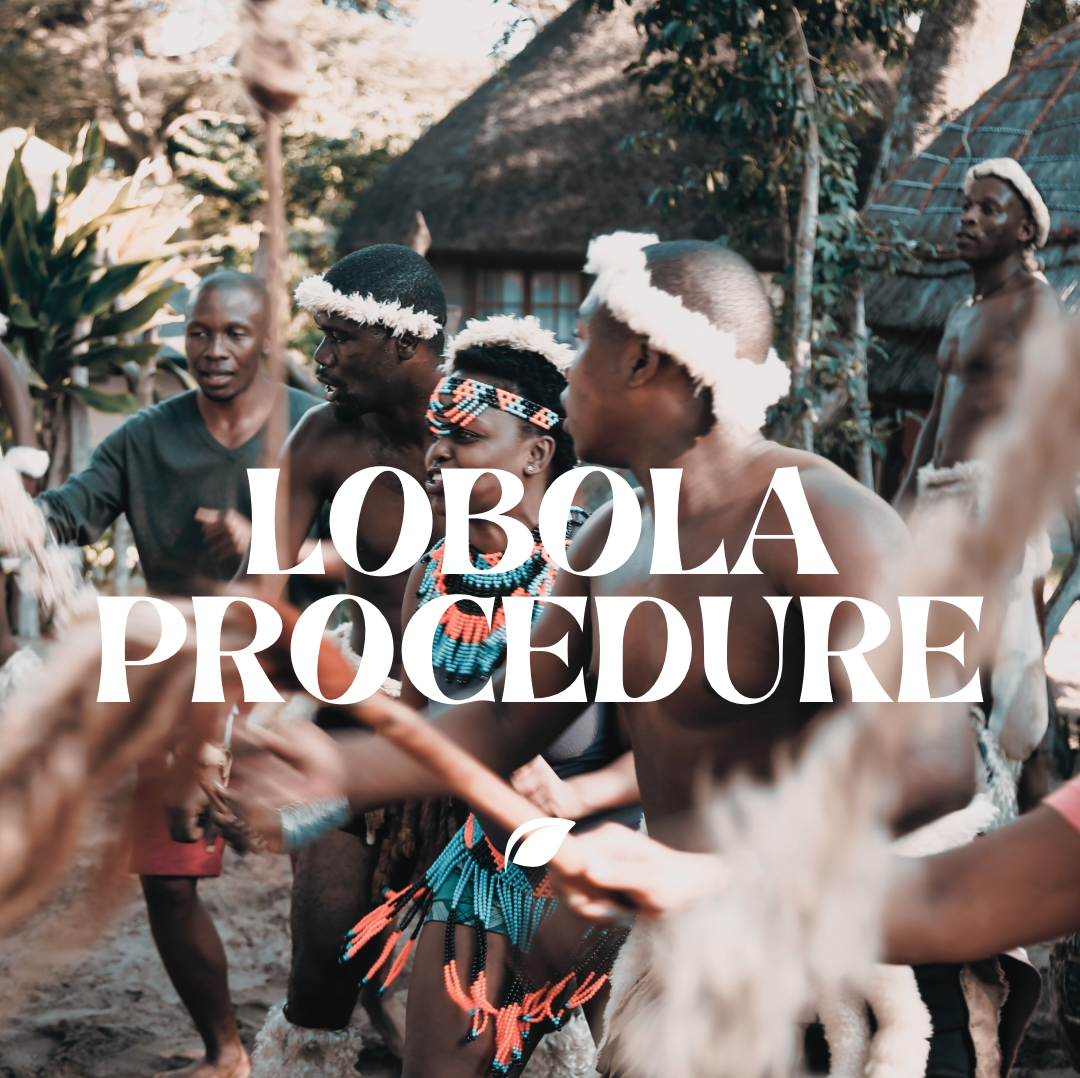
This is a small article explaining how Lobola works in most of the African countries that requires bride price or dowry. We will outline a few things that most culture do from the beginning until the completion of the marriage.
What is Lobola Marriage?
Meaning of Lobola
In Africa, Lobola marriage is a traditional custom where the groom pays a certain amount of money or goods to the bride’s family as a sign of appreciation for raising the bride and as a way of showing his commitment to the marriage. This custom is practiced in various African countries, including South Africa, Zimbabwe, and Botswana, among others.
History of Lobola
The tradition of Lobola dates back to ancient times when African communities were governed by chiefs and elders. The custom was used as a way of establishing and maintaining relationships between families and clans. It was also a way of ensuring that the bride’s family was compensated for the loss of their daughter, who would be leaving to start a new family.
Over time, the custom has evolved and is now seen as a way of strengthening the bond between families and as a sign of respect for the bride’s family. The amount of Lobola paid varies depending on the families involved, and it can range from a few cows to a substantial amount of money.
In conclusion, Lobola marriage is an important tradition in African communities that has been practiced for centuries. It is a way of showing respect for the bride’s family and strengthening the bond between families.
The Steps
1. The Letter
The traditional culture requires you to write a letter to the family of the bride stating that your family would like to come and speak to you the bride’s family about joining the two families together. In the letter, you must try by all means to be as sincere and show respect
The letter can be sent by a trusted member of the groom’s family. The family member will present the letter to the Brides family. However, in the old days, these letters would actually go through the mail.
An example of the letter would read as follows:
"Dear {{Brides-Surname}} Family
We the {{Bridegroom-Surname}} family are writing this letter with great submission. We hope it finds you well and we would like to kindly ask you to accept it.
Our son {{Bridegroom-Full-Name}} saw your beautiful flower in your yard and we would be grateful if both families can arrange a day for us to send out callers to come join the families. The {{Bridegroom-Full-Name}} family will be more than happy to come on the XX of {{Month}} but please let us know which date best suits the members of your family.
Yours sincerely
{Bridegroom-Full-Name}} Family”
2. Brides Family Reply Letter
When the brides family has received the letter, they will speak to the important members of the family and come up with the date that best suits them. They are under no obligation to accept the date that has been suggested by the grooms family.
In return, the bride’s family also write a letter stating when they would like the groom’s family members to come. Some letters will tell you what to bring or what to expect however most cultures do not specify or go into detail. What we suggest is you ask your partner to speak to her parents and ask them what are their expectations. It’s always best to try to get a rough estimate of what they are expecting on the day. Some people go to a close auntie of the bride and try to get some information from her. If the Aunty doesn’t know anything she can go consult/spy and try to get some estimated cost expectations. This is usually the best way if your partner is afraid to ask her parents about expectations.
Date is set. Now what?
Once the date set the Groom will have to choose one of his trusted family members to go represent him on the day of the negotiation. Some people usually choose their parents and an uncle and auntie but this is totally up to you and your family.
3. The Negotiation
On the day you will be expected to pay a big chunk of the bride price/dowry. Most cultures find it disrespectful to pay the full amount on the negotiation day. So it is advised to always be sincere and respectful and not pay the full amount.
What the Bride family asks for is usually different for every culture. But is an example here is some of the things they ask for.
- Vulamulomo
- Mum’s Cow
- Dad’s Cows
4. Lobola Celebration day
In most cases, the bride price dowry final payment is done on the morning of the celebration.
Once final payment has been made families can now exchange gifts in the form of blankets, clothes, hats, walking sticks etc
As a form of celebrating some cultures slaughter an animal.
5. Bride welcoming at the Grooms house
On this day the groom’s family throws a party to welcome the Bride. The activities vary from culture to culture however it does include talking to the Bride about their culture and their ways. In the end, the Bride will change into the groom’s traditional attire as a symbol of being accepted the family.
6. White Wedding?
In most countries, a traditional wedding is usually binding by law and therefore the White Wedding is often optional. Provide evidence of your traditional wedding the court will give you a marriage certificate.
Most couples do the White Wedding as well because most African have also adopted the western culture wedding.
